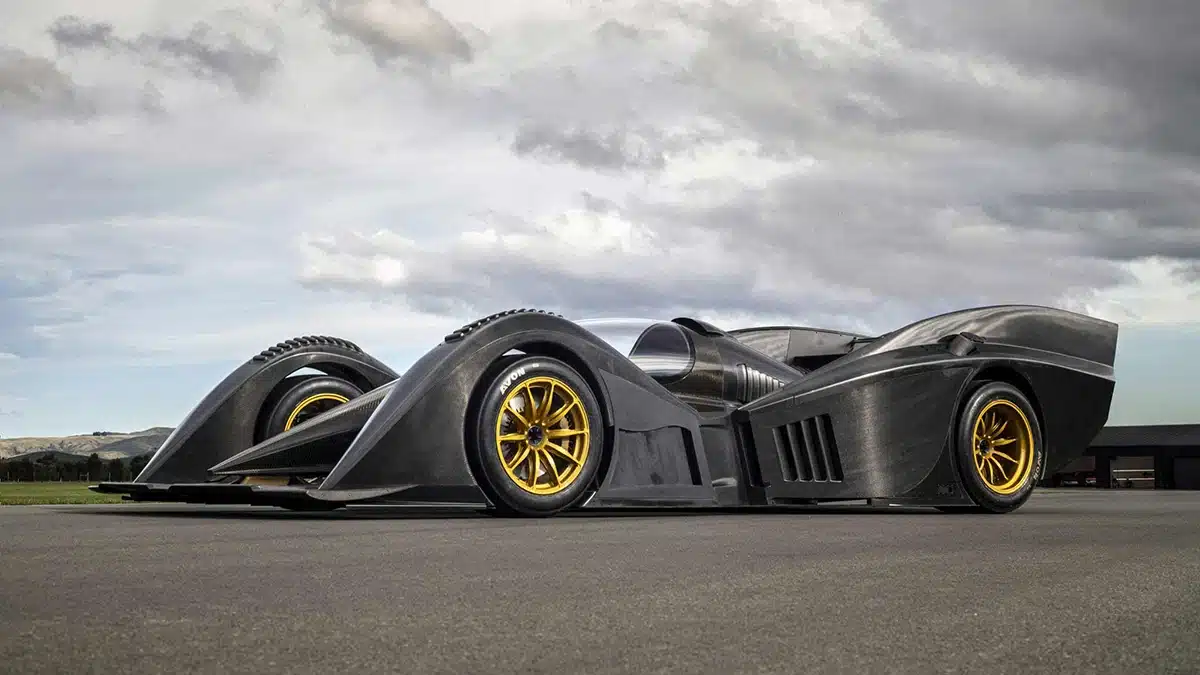The car industry is a numbers game. Many people like to pretend there’s more to it than that but pretty much every aspect of the automotive world can be boiled down to numbers.
Top speed, bhp, 0-62mph times, engine size, boot space, price, fuel economy, CO2 emissions, even the number of seats have served as a battleground amongst carmakers over time.

But now, there has been an upset regarding what is perhaps the most important number courtesy of the Volkswagen Group, which sold more cars than any other carmaker in 2016, dethroning Toyota as the world’s biggest car manufacturer.
The German firm – which is made up of Audi, Seat, Skoda, Porsche and naturally, VW amongst others – sold 10.3 million vehicles in 2016, narrowly more than the 10.2 million shifted by Toyota, which had led global car sales for four years.
‘Dieselgate’
What’s more surprising about the news is that VW has just weathered the biggest scandal in motoring history.
In September 2015, it emerged that some VW Group engines carried software that cheated emissions tests, reducing CO2 and NOx levels when lab conditions were replicated.
VW’s share values plummeted, Prof. Dr. Martin Winterkorn – the head of VW Group – resigned within days and many expected sales to suffer a mighty dent as customers – feeling betrayed by VW’s dishonesty – ditched the brand en masse.
Only that last point didn’t happen, in fact quite the contrary. In 2015, VW’s UK sales actually grew by 4.17 per cent with SEAT being the only VW brand to report a sales drop that year, despite sales climbing a respectable 2.3 per cent across Europe.
It’s clear now that this public indifference to the scandal was shared worldwide to the point that they now sit on the automotive throne.
‘Challenging year’
A VW spokesperson admitted to the BBC that “2016 was a very challenging year for us” as the company “made strides in resolving and overcoming the diesel crisis” and initiated fundamental change in the company’s long-term strategy.
“Nonetheless, we managed to stabilise operating business in difficult conditions,” they added.
Speaking to Autocar, Volkswagen CEO Matthias Müller also played down the achievement: “The race for size is not an end in itself. The fact we delivered more than 10 million cars worldwide in 2016 gives us stability.”
VW’s success was down to a 3.8 per cent increase in global sales, fuelled largely by demand in China. Comparatively, Toyota’s sales grew just 0.2 per cent, which is thought to be due to a slowdown in the US market.
New era?
Felipe Munoz, Global Automotive Analyst for JATO Dynamics, applauded VW’s strength in the face of such scandal and believes VW could hold on to the top spot for some time as the Brazilian and Russian markets stabilise.
“The emissions issue was an enormous challenge for VW Group,” he told Autocar. “Despite the reputational issues it brought about, the German car maker was in a strong position when the scandal hit as a result of its strong sales volumes.
“By leading two of the three largest car markets, Europe and China, VW Group has been able to weather the storm while simultaneously improving its product offering more quickly than its competitors.”
Going forward, VW will aim to protect its newfound status with the updated Golf. Check out our ‘five things you need to know’ feature here
For specialist VW car insurance, check out our sponsor, Performance Direct.
For more articles like this, receive our weekly e-newsletter, including partner deals and all things motoring, register your email below.
Please note: You cannot subscribe to Smart-Motoring unless you put a tick in the checkbox below to indicate have read and agreed to our privacy policy.







